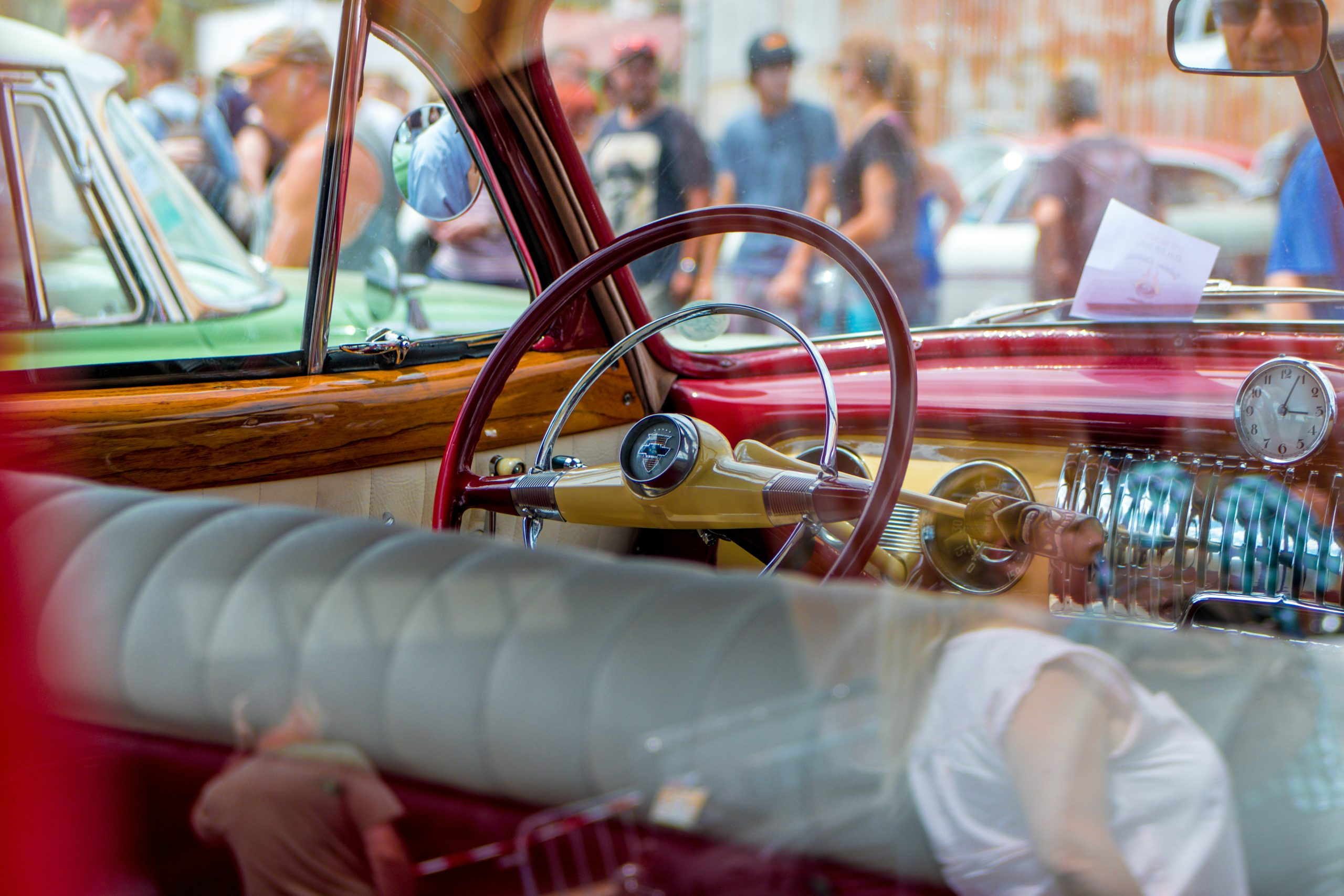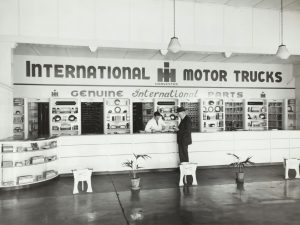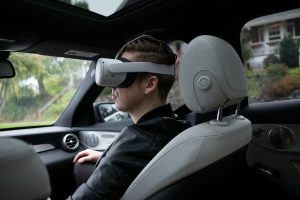Automotive Startups Disrupt Traditional Industry Giants
The automotive industry has been dominated by traditional giants for decades. However, with the rise of technology and innovation, a new wave of startups has emerged, disrupting the status quo and challenging the established players. These automotive startups are not only changing the way we think about transportation, but they are also shaking up the industry in ways that were previously unimaginable. In this article, we will explore how these startups are disrupting traditional industry giants and shaping the future of the automotive industry.
The Rise of Automotive Startups
In recent years, there has been a surge of startups entering the automotive industry. These companies are utilizing advanced technologies, such as artificial intelligence, data analytics, and electric power, to develop innovative and sustainable solutions for the market. Unlike traditional automakers that focus on building and selling cars, these startups are disrupting the industry in multiple ways.
Disrupting the Manufacturing Process
One of the main ways automotive startups are disrupting the industry is through their approach to manufacturing. Traditional automakers have relied on large production facilities and high volumes to achieve economies of scale. This has led to a sluggish and inefficient production process, resulting in high costs and long lead times. In contrast, automotive startups are utilizing cutting-edge technologies and agile manufacturing methods to streamline the production process and reduce costs. By adopting a lean and agile approach, these startups are able to bring their products to market faster and at a lower cost, giving them a significant advantage over traditional industry giants.
Revolutionizing the Driving Experience
Another area where automotive startups are making a significant impact is in the driving experience. With the rise of autonomous vehicles, startups are developing advanced driver assistance systems (ADAS) and self-driving technologies that are challenging the traditional concept of driving. These innovations not only have the potential to improve road safety, but they also have the ability to transform the way we think about transportation. By eliminating the need for human drivers, these startups are paving the way for a future where driving is no longer a privilege of the few, but a convenient and accessible form of transportation for all.
The Disruption of Traditional Industry Giants
The emergence of automotive startups has sparked a wave of disruption in the industry, shaking up the dominance of traditional giants. These startups are challenging the status quo and forcing established players to adapt or risk becoming obsolete. As a result, we are witnessing a shift in the balance of power, with startups outpacing and out-innovating traditional industry giants.
Forcing Traditional Giants to Innovate
One of the main ways automotive startups are disrupting the industry giants is by forcing them to innovate. For decades, traditional automakers have relied on their reputation and brand loyalty to sustain their market share. However, with the rise of startups offering cutting-edge technology and innovative products, traditional automakers are now under pressure to step up their game and keep pace with the changing landscape. This has led to many traditional giants investing heavily in research and development, partnering with startups, and even acquiring them to stay ahead of the curve.
Changing the Competitive Landscape
The influx of automotive startups has also been reshaping the competitive landscape of the industry. With traditional giants facing stiff competition from startups, they are now facing new challenges and must keep up with the pace of innovation to remain competitive. This has led to a shift in focus from traditional gasoline-powered vehicles to electric and autonomous vehicles, changing the dynamics of the industry. As a result, traditional industry giants must now adapt to this new environment to stay relevant and retain their market share.
The Future of the Automotive Industry
The disruption caused by automotive startups has already had a significant impact on the industry, but this is just the beginning. With technology evolving at an exponential rate, we can only expect to see more innovative startups entering the market and disrupting the status quo. This is not only good news for consumers, who will have access to advanced and sustainable transportation options, but it also presents numerous opportunities for traditional industry giants to partner with and learn from these startups.
Collaboration is Key
As we move towards a more technologically advanced and connected world, the key to success for traditional industry giants will be collaboration with automotive startups. By working together, they can leverage each other’s strengths and capabilities to drive innovation and push the boundaries of what is possible in the automotive industry. This collaboration will not only benefit the industry, but it will also pave the way for a more sustainable and efficient future.
The Disruptive Journey Continues
The disruptive journey of automotive startups is far from over. With advancements in technologies, such as 5G, internet of things (IoT), and artificial intelligence, we can only expect to see more startups emerge and continue to disrupt the industry. This will not only transform the way we think about transportation, but it will also have a significant impact on society as a whole. Whether you are a traditional industry giant or a startup, now is the time to adapt and embrace the disruptive forces that are shaping the future of the automotive industry.
In conclusion, automotive startups are shaking up the status quo and challenging the dominance of traditional industry giants. With their innovative approach to manufacturing, driving experience, and technology, these startups are disrupting the industry in ways that were once thought to be impossible. As we continue to witness this ongoing disruption, it is clear that the automotive industry will never be the same again.










